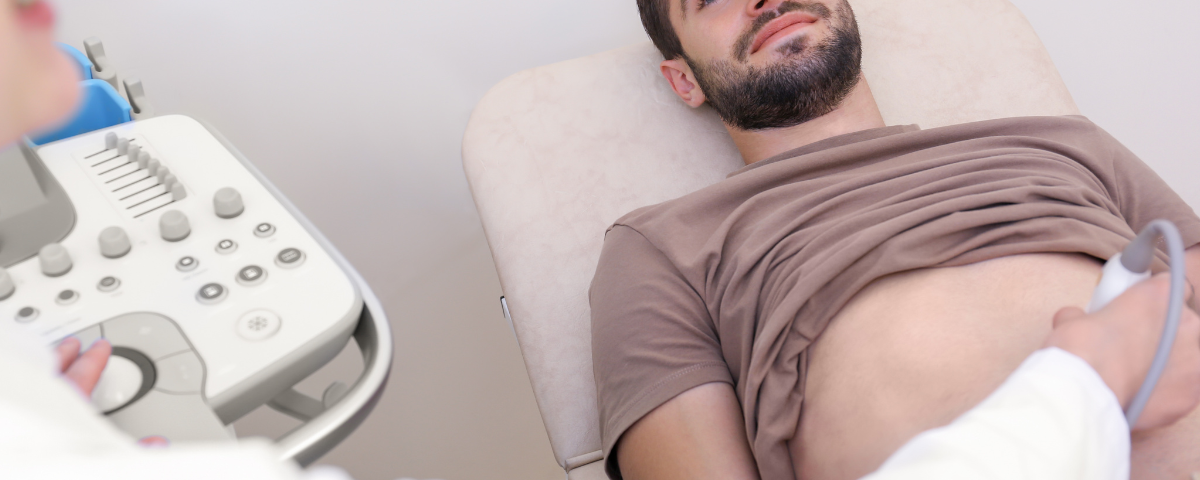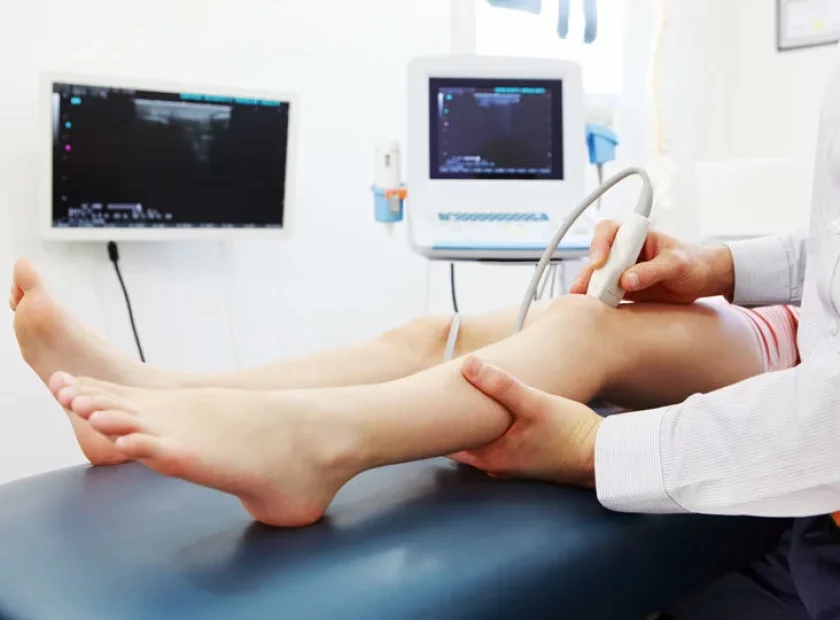Appendicitis – Diagnosis, Evaluation and Treatment
Appendicitis is a common condition that occurs when the appendix, a small, finger-shaped organ located in the lower right side of the abdomen, becomes inflamed. It can cause severe pain and discomfort, and in some cases, it can lead to serious complications. In this blog, we will discuss the diagnosis, evaluation, and treatment of appendicitis, including the role of imaging tests such as the appendicitis scan.
Diagnosis:
The diagnosis of appendicitis is typically based on a combination of symptoms, physical examination, and diagnostic tests. Common symptoms of appendicitis include abdominal pain, nausea, vomiting, and fever. A physical examination may reveal tenderness in the lower right side of the abdomen. Diagnostic tests such as blood tests and urinalysis can help rule out other conditions that may have similar symptoms.
Evaluation:
Imaging tests such as ultrasound and computed tomography (CT) scan can help confirm the diagnosis of appendicitis and evaluate the severity of the condition. An appendicitis scan, also known as an abdominal CT scan, is a non-invasive imaging test that uses X-rays and computer technology to produce detailed images of the abdomen, including the appendix. This test can help identify any inflammation or infection in the appendix, as well as any complications such as abscesses or perforations.
Treatment:
The most common treatment for appendicitis is an appendectomy, a surgical procedure to remove the inflamed appendix. This procedure can be done either as an open surgery or as a minimally invasive laparoscopic surgery. In some cases, antibiotics may be prescribed to treat the infection before surgery or as an alternative to surgery for patients who are not good candidates for surgery.
Conclusion:
Appendicitis is a common condition that can cause severe pain and discomfort. Diagnosis is based on symptoms, physical examination, and diagnostic tests. Imaging tests such as the appendicitis scan can help confirm the diagnosis and evaluate the severity of the condition. Treatment usually involves surgical removal of the inflamed appendix, although antibiotics may be prescribed in some cases. If you suspect that you or someone you know may have appendicitis, seek medical attention immediately.
FAQs:
Is appendicitis a serious condition?
Appendicitis can be a serious condition if left untreated. It can lead to complications such as abscesses or perforations, which can be life-threatening.
Can an appendicitis scan diagnose other conditions?
An appendicitis scan can help diagnose other conditions that may have similar symptoms as appendicitis, such as diverticulitis or ovarian cysts.
Can appendicitis go away on its own?
No, appendicitis will not go away on its own. It requires prompt medical attention and treatment.
Is surgery the only treatment for appendicitis?
Surgery is the most common treatment for appendicitis, but antibiotics may be prescribed in some cases.
How long is the recovery time after an appendectomy?
The recovery time after an appendectomy depends on the type of surgery and the individual’s overall health. In general, recovery can take anywhere from a few days to several weeks.





